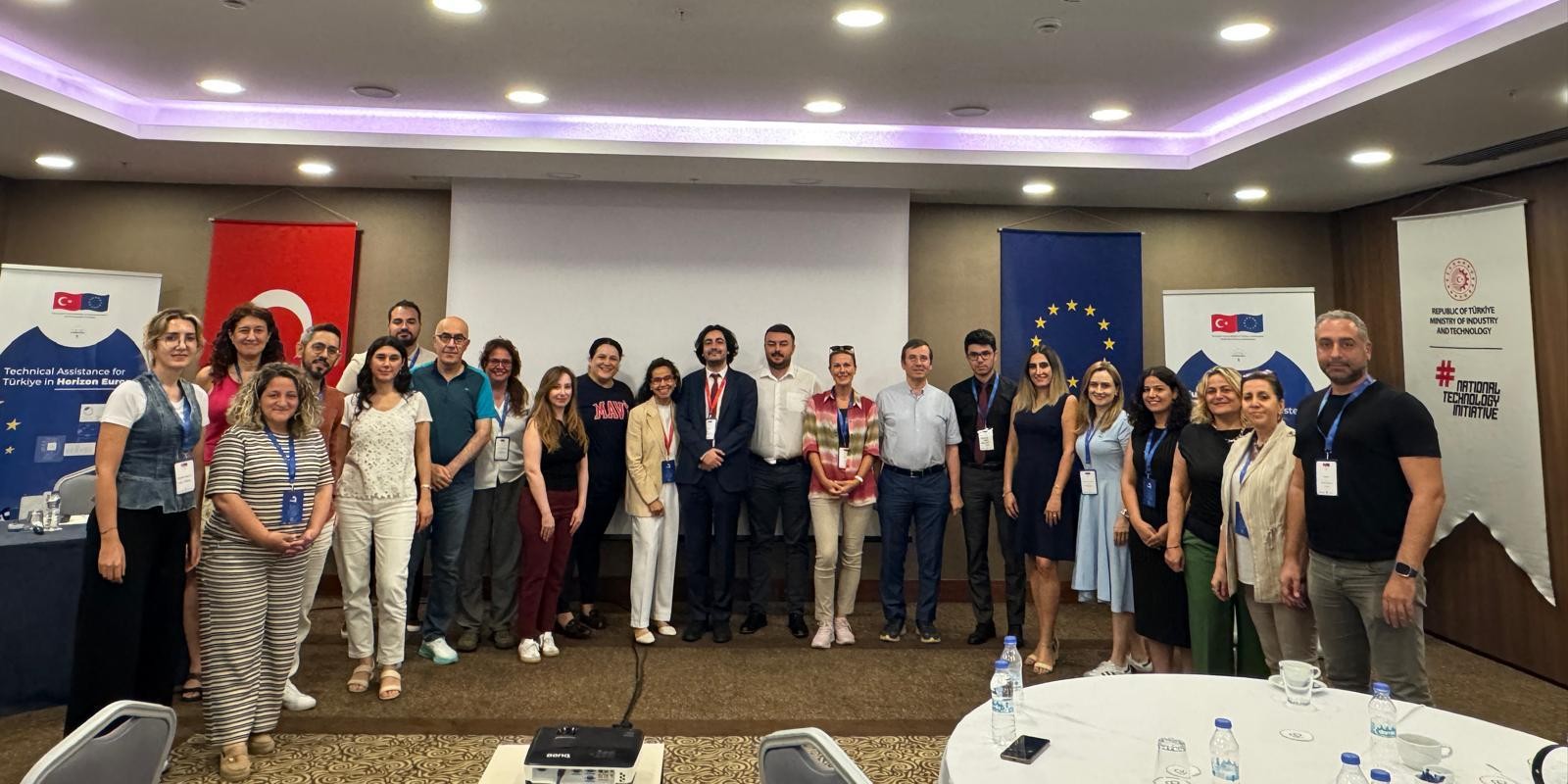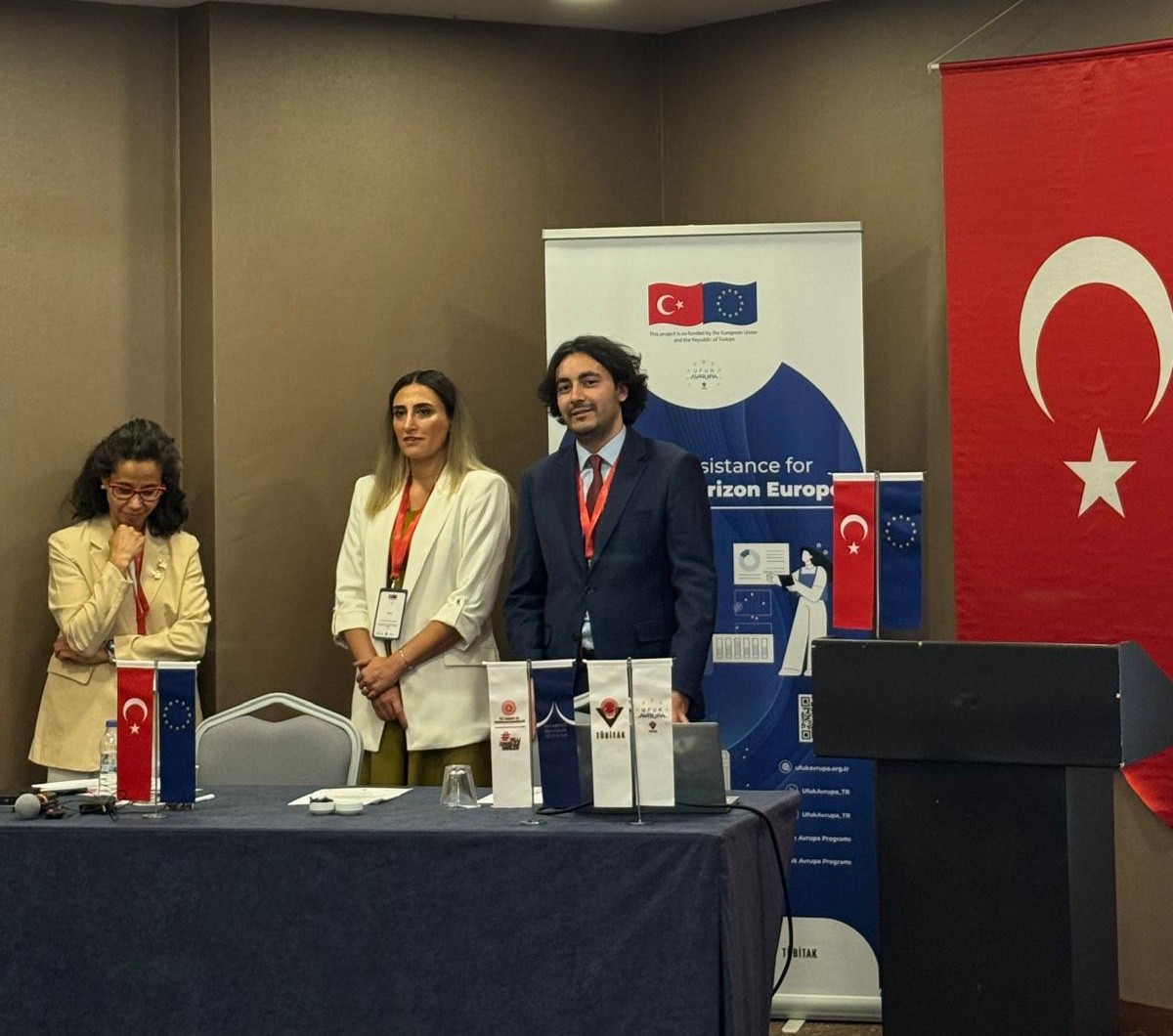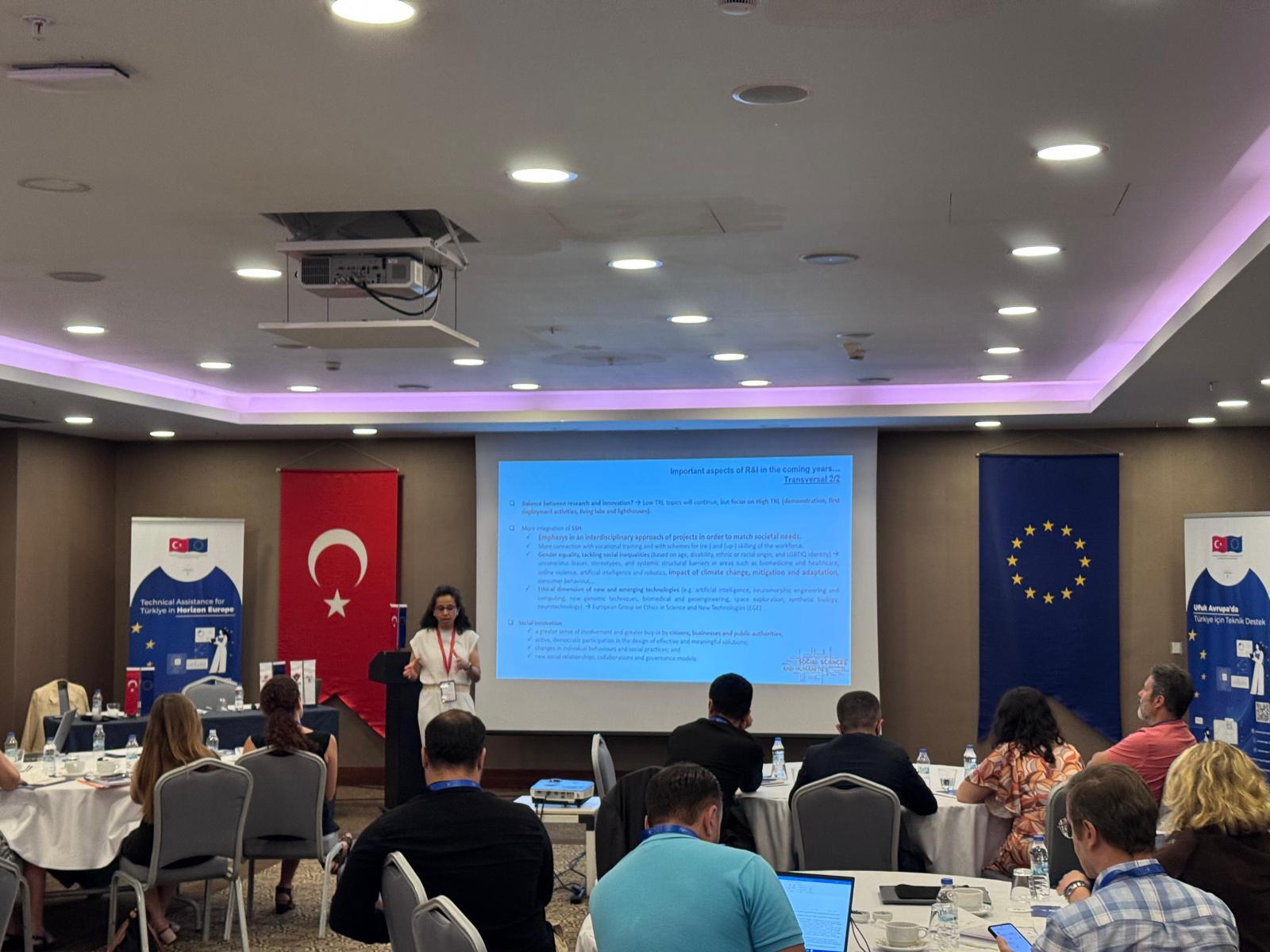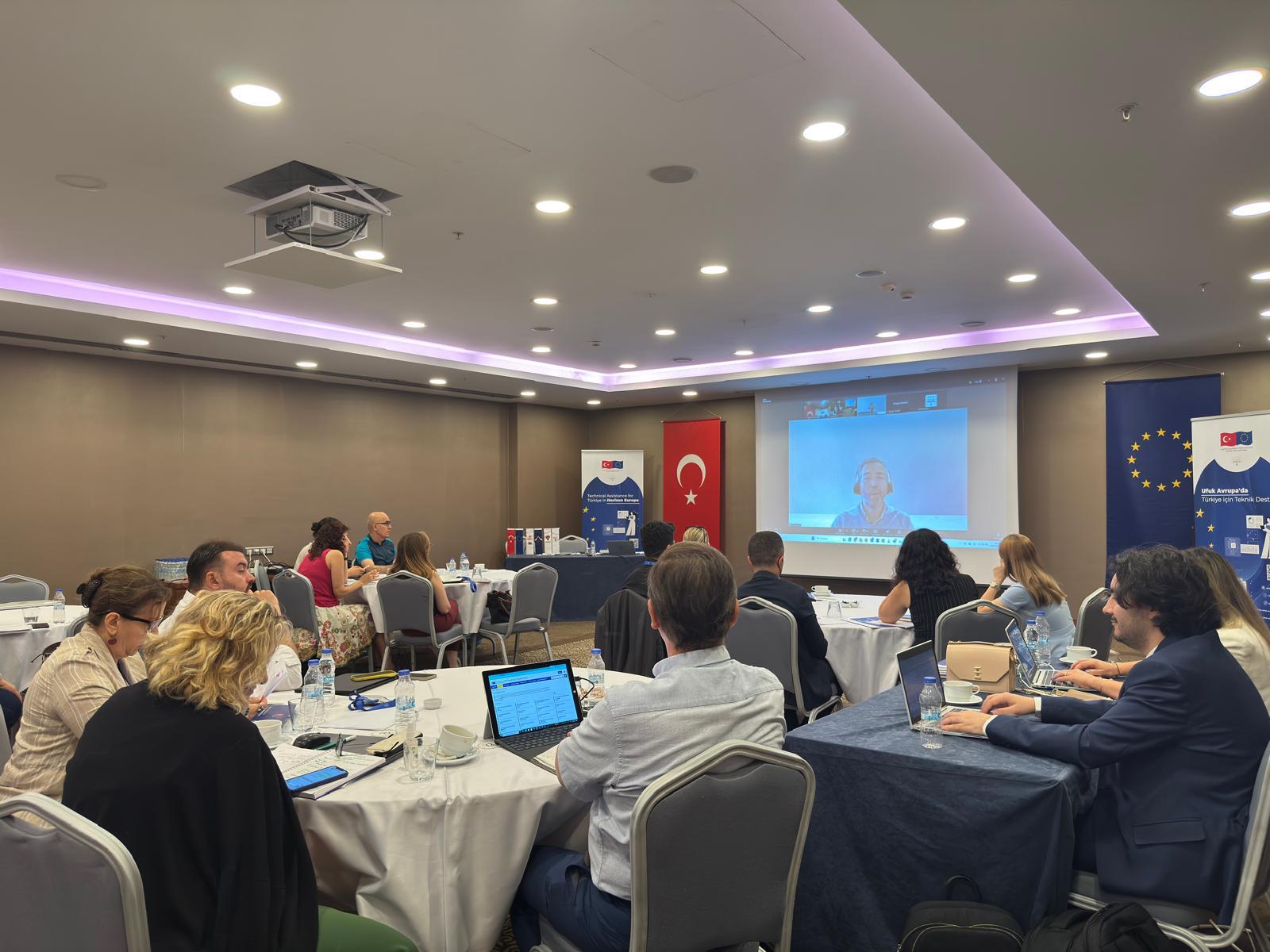
A focus group training organized in Istanbul to establish strategic cooperation with Europe in the field of civil security for society and to increase access to funding marked a key step on Türkiye’s path toward Horizon Europe.
The Civil Security for Society training, held on 24–25 July 2025, was part of ongoing efforts to strengthen Türkiye’s capacity to engage more effectively in the Horizon Europe Programme. The event brought together law enforcement agencies, first responders, local authorities, industry representatives active in the security field, universities, and researchers. Participants aimed to build strategic partnerships with Europe and enhance access to funding in the area of civil security for society. The Civil Security for Society Cluster is part of Horizon Europe’s “Global Challenges and European Industrial Competitiveness” pillar. The cluster supports EU policy priorities in areas such as cybersecurity, disaster risk reduction, crisis preparedness, and strengthening multi-sectoral response capacities. The focus group training in Istanbul was designed to increase the knowledge and collaboration capacity of relevant stakeholders from Türkiye in line with these objectives.

The training opened with speeches by TÜBİTAK’s Horizon Europe Cluster 3 National Contact Points Dr. İlknur Yılmaz Gümüş and Eren Temir, and Key Expert of the Technical Assistance Project for Türkiye in Horizon Europe, İhsan Karataylı. Marina Martínez Garcia served as the training’s thematic expert, while Cluster 3 expert Dr. Octavio Pernas Sueiras also contributed via an online presentation.
A Strategic Outlook on Future Civil Security Research
The training began with Martínez’s presentation on the European Commission’s 2024–2029 policy priorities and how they are shaping the Horizon Europe calls under the upcoming 10th Framework Programme (FP10). Participants had the opportunity to learn about and assess key developments in the fields of R&D and innovation in the coming years.

In the second part of the training, participants received practical guidance on the structure of “Work Programme” documents and how to access funding opportunities. They also explored past projects and 2025 call examples to identify high-potential destinations and better understand how Türkiye can position itself more effectively in these areas. Furthermore, digital tools such as the EU Participant Portal, CORDIS, and the Horizon Results Platform were demonstrated to show how to access calls and connect with potential partners. The first day concluded with group exercises in which participants developed concept notes and refined their profiles with the goal of becoming project coordinators.
On the second day, participants gained in-depth insights into the project evaluation process. In his online session, Octavio Pernas Sueiras addressed key structural elements that applicants should pay attention to, success factors highlighted during evaluations, and criteria such as security screening. He also explained the steps to create an evaluator profile via the REA portal under the topic of “How to Become an Evaluator.”

In the final session, the training focused on preparing lump sum calls for 2025, covering budget planning, cost estimation, and spreadsheet sections related to depreciation costs. Additionally, topics under the indirect funding mechanism Financial Support for Third Parties (cascading grants) were addressed, with emphasis on cost breakdowns and reporting approaches.
Supported by TÜBİTAK’s National Contact Points, this training represented an important capacity-building step to enhance the effective participation of more Turkish institutions in the European research and innovation ecosystem.
